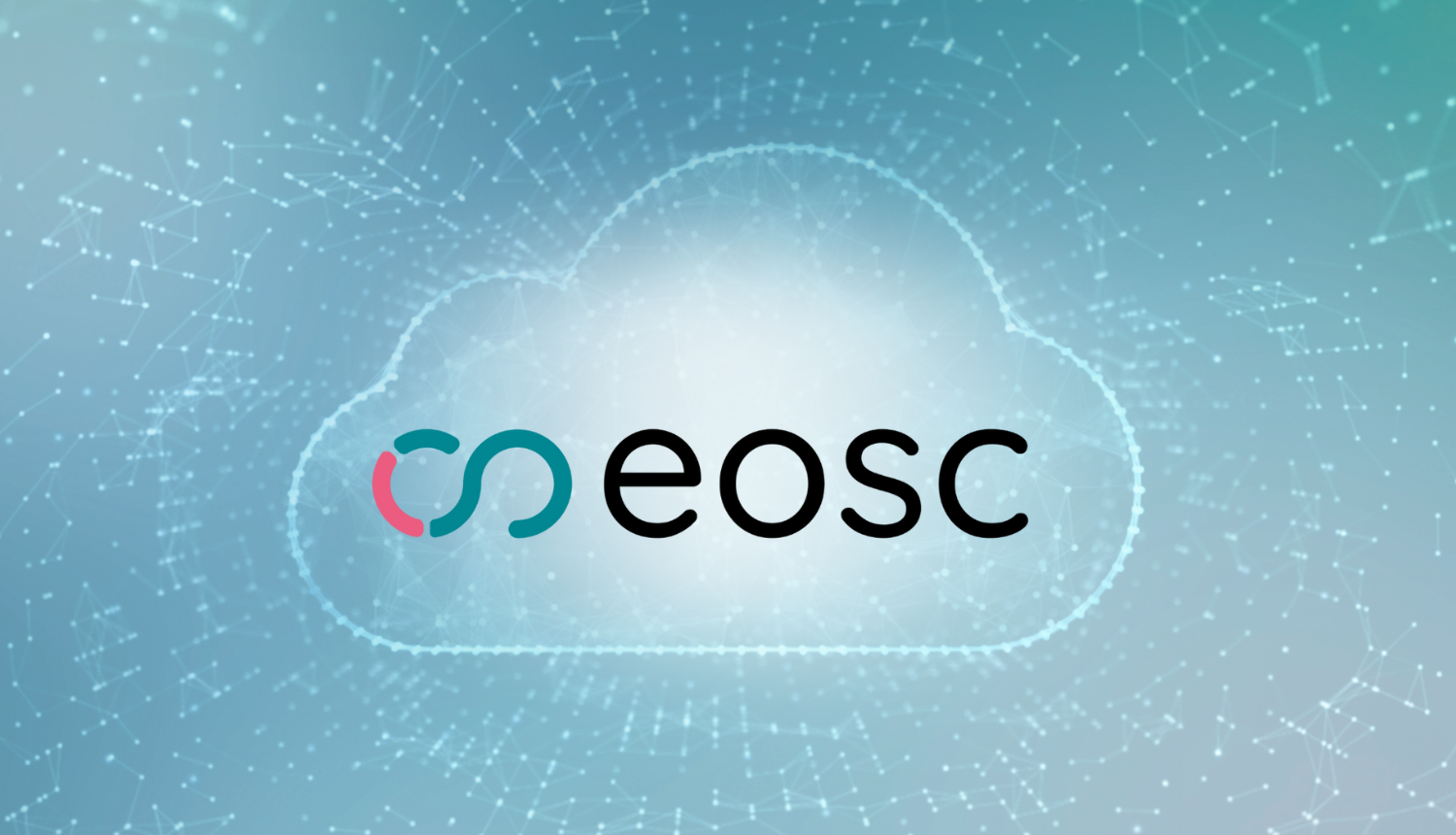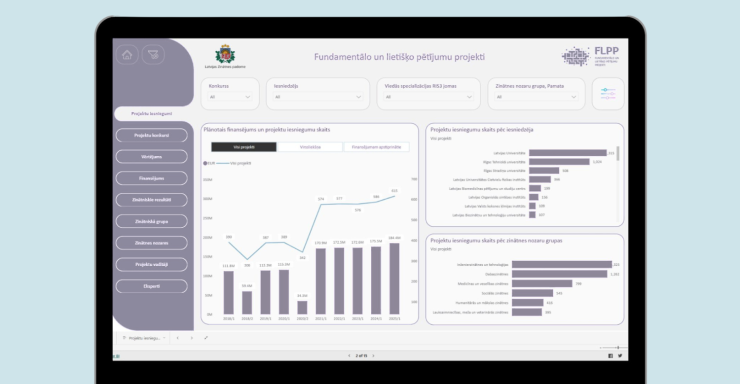On 1 July 2025, the Cabinet of Ministers approved the investment initiative proposed by the Ministry of Education and Science for the digitalisation of scientific activity and Latvia’s participation in the European Open Science Cloud (EOSC).

By November 2029, the plan is to establish a modern, competitive, secure, and internationally collaborative digital research infrastructure, fully integrated with EOSC. The initiative will be implemented by the Ministry of Education and Science in cooperation with the Shared Service Centre for Higher Education and Science IT (SSC) and four Latvian science universities, with the support of the European Regional Development Fund (ERDF).
Minister of Education and Science Dace Melbārde emphasizes: "Digital tools and data processing are the foundation of modern science. With this investment, we strengthen the competitiveness of Latvian research by ensuring our scientists have access to the same digital infrastructure, tools, and opportunities as their European counterparts. Latvia becomes a full partner in the European Research Area, promoting research excellence, international cooperation, and practical benefits for Latvian businesses."
The project will establish a secure and fast data transmission network connecting all Latvian research institutions, enabling stable information exchange and collaboration. It will also ensure the necessary data storage and computing capacity. Researchers will have access to a wide range of digital tools for data analysis, visualisation, modelling, and international collaboration. All services will be centralised and user-friendly, with a one-click booking system accessible to international research teams.
The event also envisages the establishment of a Latvian EOSC national hub. EOSC is Europe's single digital research infrastructure, used by over two million researchers at more than 800 European universities. The EOSC national hub will provide Latvian researchers with access to data, resources, and tools at other EOSC partner institutions, as well as enable them to collaborate with researchers from different European Union countries on joint projects, utilising both Latvian and other countries' infrastructure.
The total investment for scientific digitalisation and the establishment of the EOSC national node from 2025 to 2029 is EUR 16.74 million, with 85% financed by the ERDF.
Sarmīte Mickeviča, Senior Expert in the Field of Digitisation at the Department of Higher Education, Science and Innovation of the Ministry of Education, Science and Technology, explains:
" The EOSC national hub will provide Latvian researchers with access to resources and data from European partner institutions. It is also an opportunity to promote research on topics important to Latvia by studying Latvian datasets, such as the resources and language corpus of the National Library of Latvia or climate and ecosystem data, in collaboration with European colleagues.
The EOSC National Node will provide Latvian researchers with access to the European resources, data processing tools and European data spaces, thus allowing them to collaborate with colleagues in other EU countries easily."
Gatis Vītols, Vice-Rector for Research at the Latvia University of Life Sciences and Technologies and Member of the SSC Board, notes
" As a European Union country, the establishment of an EOSC National Node in Latvia is an important and long-awaited step that will significantly improve our research infrastructure capabilities and the principles of implementing open science.
It will provide researchers with access to unique datasets and digital services across Europe. The establishment of an EOSC national node will also promote international and interdisciplinary cooperation, allowing for the standardisation of data and tools that are also relevant in LBTU's unique research areas – forestry, agriculture, food science and veterinary medicine. The opportunity to use shared computing and data storage resources for international, large-scale research is fundamental."
The EOSC node will significantly improve data management capabilities and support the use of scientific results in both research and the economy. It will ensure wider and safer access to data for researchers, universities, industry, and public institutions. At the same time, it will enhance the practical application of scientific outcomes in business, education, and governance. The projected socio-economic benefit from increased scientific competitiveness and innovation capacity could reach up to EUR 49.4 million.
The development of the EOSC national node aligns with Latvia’s Open Science Strategy, approved in 2022. The strategy outlines a modern approach to research based on transparency, collaboration, and knowledge accessibility.
Open science encourages stronger international collaboration among researchers and greater public engagement in scientific processes by making data, publications, and research results accessible to a broader audience - thus fostering discoveries, accelerating innovation, and increasing returns on research investment.
The SSC is a joint organisation established by the Latvia University of Life Sciences and Technologies, the University of Latvia, the Rīga Stradiņš University and Rīga Technical University to develop and provide high-quality shared IT services for the education and research sector. It is responsible for state-delegated functions in the digitalisation of higher education and science.


